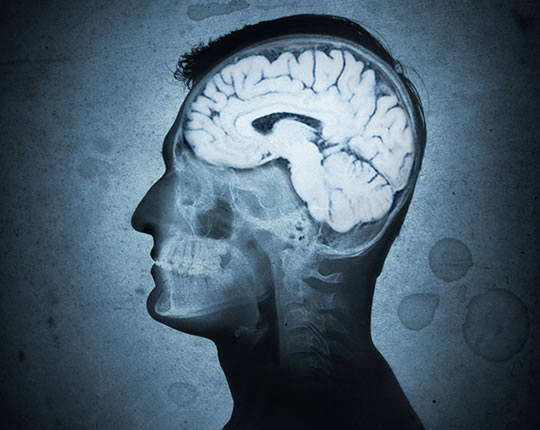The simple self-treatment that prevents Alzheimer’s disease.
A simple daily regimen of the common painkiller ibuprofen along with dietary adjustments could prevent the onset of Alzheimer’s disease, new research concludes.
Ibuprofen is a widely available nonsteroidal anti-inflammatory that does not require a prescription.
The drug, along with adopting the Mediterranean diet and a healthy intake of antioxidants, could stop the disease in its tracks.
Until recently the problem has been identifying the disease early enough to take action.
Alzheimer’s is thought to begin around 10 years before any cognitive symptoms are noticeable.
The author of the new research, Dr Patrick McGeer (and colleagues), have developed a simple saliva test that can predict the onset of Alzheimer’s.
Dr Patrick McGeer, study co-author, explained:
“Knowing that the prevalence of clinical Alzheimer’s Disease commences at age 65, we recommend that people get tested ten years before, at age 55, when the onset of Alzheimer’s would typically begin.
If they exhibit elevated Abeta 42 levels then, that is the time to begin taking daily ibuprofen to ward off the disease.
Abeta 42 refers to a protein secreted in the saliva that is elevated in people at risk of developing Alzheimer’s.
It could provide the vital clue to start treatment early, Dr McGeer said:
“Unfortunately, most clinical trials to date have focused on patients whose cognitive deficits are already mild to severe, and when the therapeutic opportunities in this late stage of the disease are minimal.
Consequently, every therapeutic trial has failed to arrest the disease’s progression.
Our discovery is a game changer.
We now have a simple test that can indicate if a person is fated to develop Alzheimer’s disease long before it begins to develop. Individuals can prevent that from happening through a simple solution that requires no prescription or visit to a doctor.
This is a true breakthrough since it points in a direction where AD can eventually be eliminated.”
The study was published in the Journal of Alzheimer’s Disease (McGeer & McGeer, 2018).

